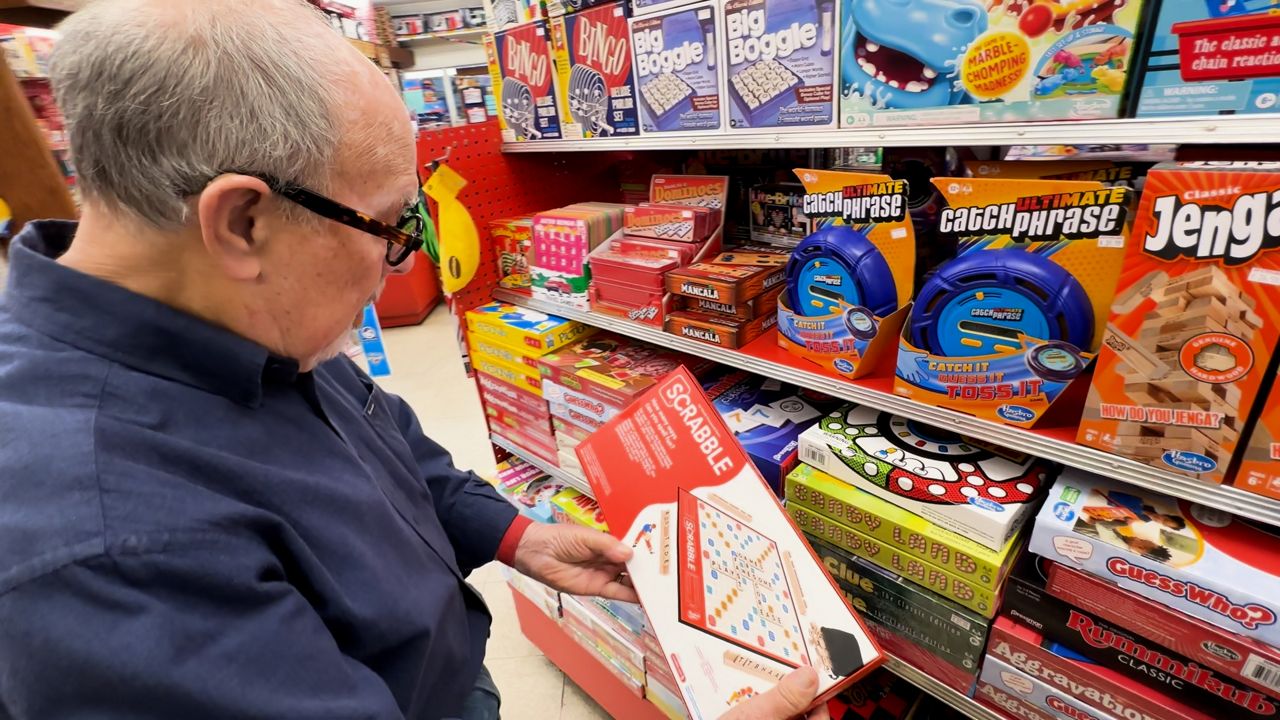LOS ANGELES — At Brentwood Fine Wines, sommelier Ferdinando "Ferdi" Mucerino stocks wines and spirits from all over the world. He says about 60% of his products are imports. Wines from France are currently among his bestsellers, not surprising since Italian and French wines are the most popular in the U.S.
What You Need To Know
- All foreign wines now have minimum tariffs of 10% as part of President Donald Trump’s plan to rebalance global trade
- Ferdinando "Ferdi" Mucerino at Brentwood Fine Wines worries prices will go up and never come down again, even if the tariffs are lifted at some point
- Laura Gabriel, a small winemaker from Sonoma, California predicted that people will "probably drink even less, maybe go out less and just spend their money elsewhere"
- Many wine distributors depend on imported wines, and Gabriel said that if they have to pay more, they might buy less or raise prices on American wines to make up for lost profits
But all foreign wines now have minimum tariffs of 10%. It's part of President Donald Trump’s plan to rebalance global trade.
"What he's trying to do, in my opinion, is equal that playing field by really charging the same tariffs that we're charged when our wine goes into those other countries," said Craig Ledbetter, a wine grape grower from Lodi, California.
While winemakers and sellers are grateful it wasn’t the 200% tariff the president had previously threatened, that’s not off the table just yet, especially if Europe retaliates.
A 200% tariff would essentially triple the cost of European wines in the U.S., and that has some local wine shops concerned not only about their reputation, but how it would affect their customers.
Mucerino worries the industry could see a repeat of what happened during Trump’s first term.
"Prices are going to go up," he said. "Then, once the tariffs are lifted or changed, prices are going to stay pretty much the same, so it's a lose-lose for the for the consumer."
"People are already drinking less, and so I think it's just going to make people probably drink even less, maybe go out less and just spend their money elsewhere," said Laura Gabriel, a small winemaker from Sonoma, California.
She started the company Paper Planes with her husband about 10 years ago. She said that even though the tariffs are designed to encourage people to buy American, there isn’t always a suitable substitute.
"You can't make Champagne in the United States," Gabriel said. "You can't make Burgundy or Bordeaux in the United States."
Many wine distributors depend on imported wines, and Gabriel said that if they have to pay more, they might buy less or raise prices on American wines to make up for lost profits.
"It's going to affect wine shops," she said. "It's going to affect distributors.It's going to affect a lot of small businesses, but I just don't think that they can take it financially right now."
It's a complex puzzle that is leaving the minds of many in the wine industry swirling.





